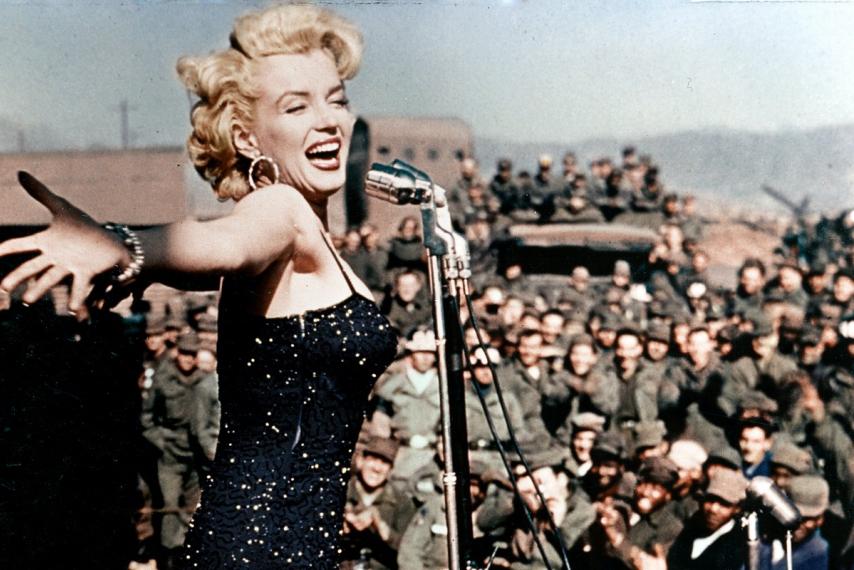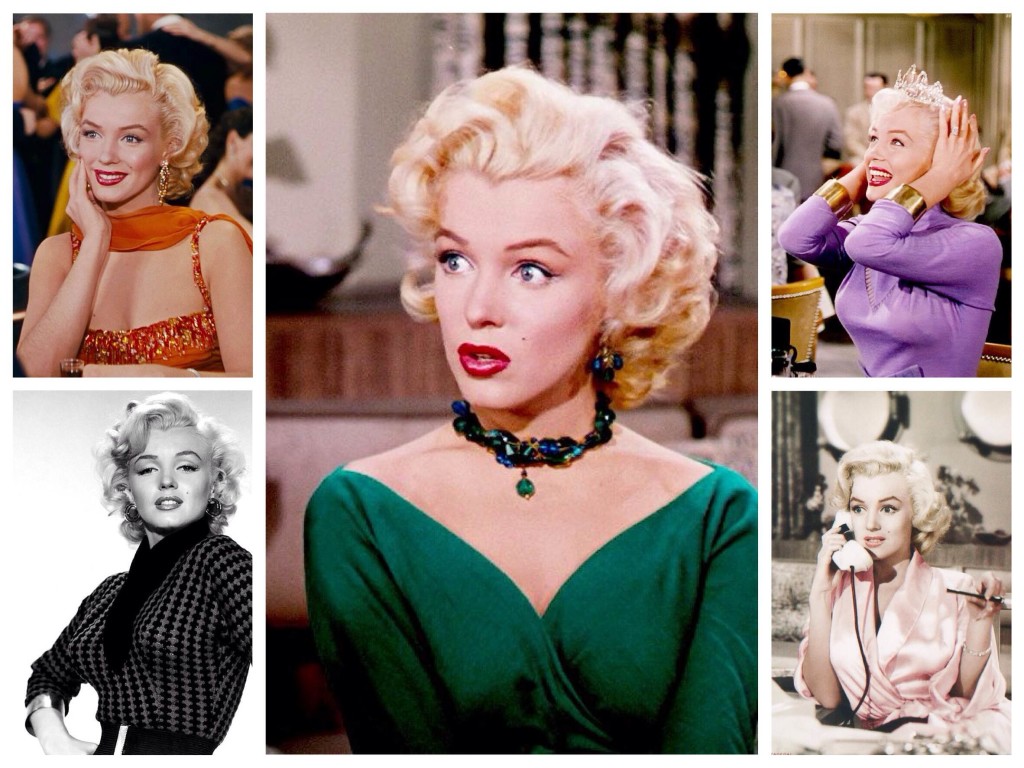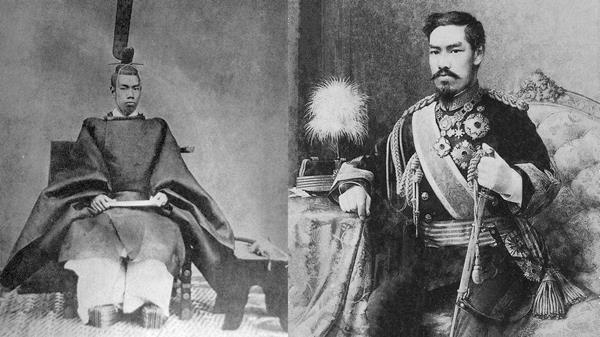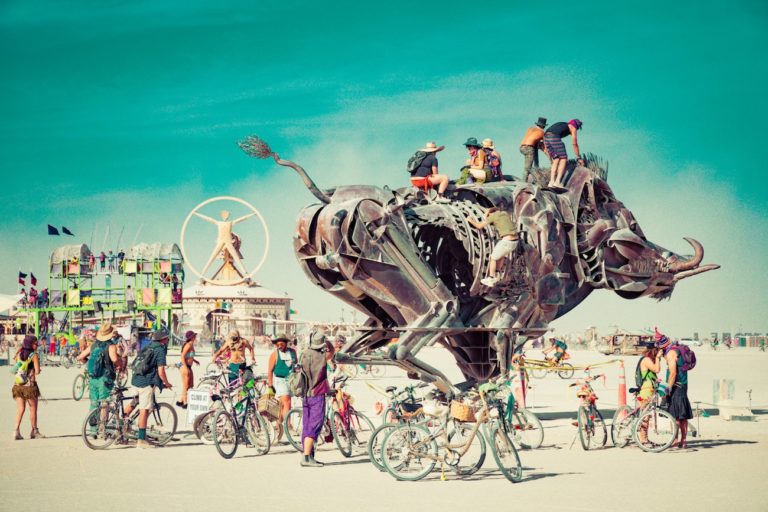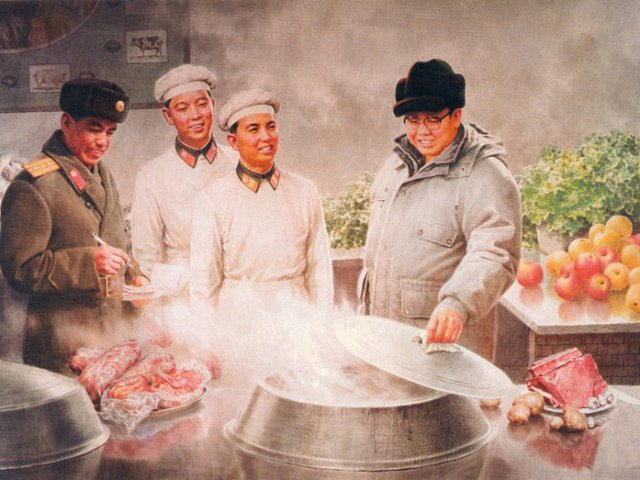The Untold Life of Marilyn Monroe: Beyond the Blonde Bombshell
On June 1, 1926, Norma Jeane Mortenson was born—a girl who would later become Marilyn Monroe, one of Hollywood’s most enduring icons.
She started her career as a model before moving into film in 1946. For much of her time on screen, she was cast as the “dumb blonde,” a role pushed onto her by producers and adored by audiences. But behind the glamorous façade was a sharp, ambitious woman with an IQ of 168, who secretly resented the caricature she was forced to play.
Despite her talent, Monroe was often underpaid and undervalued compared to her peers—many of whom faded into obscurity while her legacy only grew stronger.
Here are some fascinating facts about the woman behind the legend.

A Troubled Childhood
Marilyn’s early years were far from golden. Her mother, Gladys, spent time in a psychiatric hospital, leaving young Norma Jeane to bounce between foster homes, orphanages, and family friends. She never knew her father.
At just 15, faced with the prospect of returning to the orphanage, she agreed to marry her 20-year-old neighbor James Dougherty. They wed 18 days after her 16th birthday. The marriage didn’t last, but it gave her a temporary escape from instability.
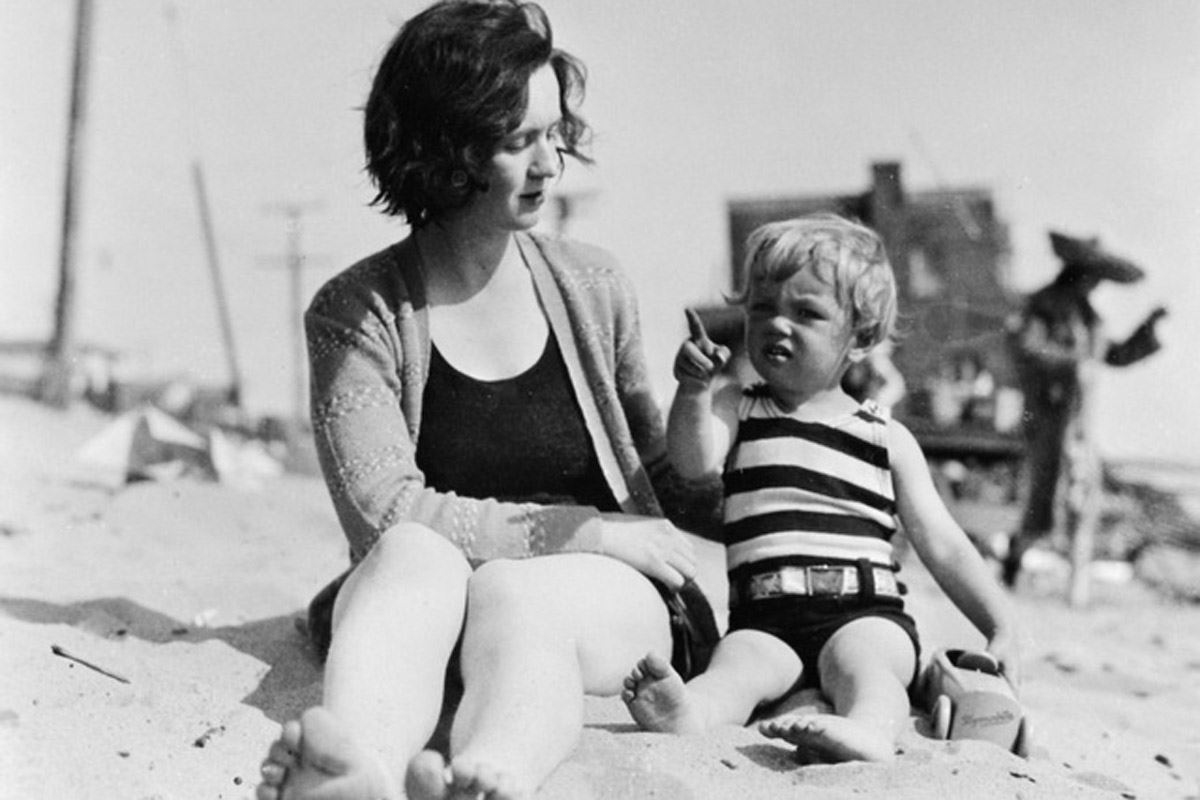
A Hidden Journey Through Plastic Surgery
Auctioned medical records later revealed that Monroe underwent cosmetic procedures, including chin surgery and a nose refinement. These subtle changes helped shape her signature Hollywood look.
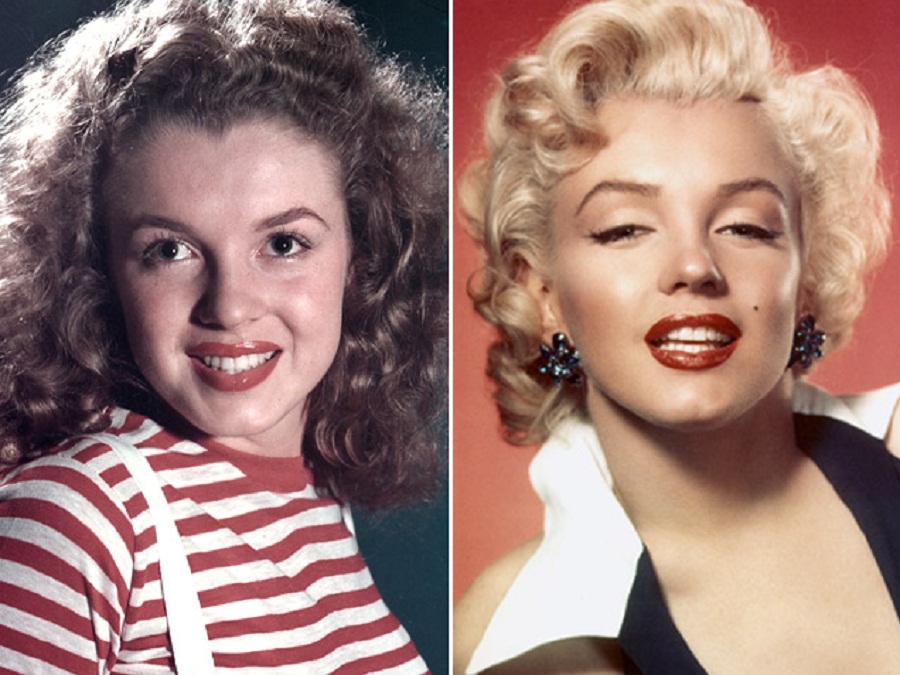
Stage Fright and Perfectionism
Many of her co-stars recalled her struggle to memorize lines. Actor Don Murray, who appeared with her in Bus Stop (1956), believed her forgetfulness came not from carelessness, but from paralyzing stage fright. Monroe would sometimes break out in rashes from sheer nerves.
Her perfectionism, low self-esteem, and the dismissive attitude of male colleagues pushed her toward alcohol, sleeping pills, and sedatives—habits that worsened over time.

Drawn to Older, Intellectual Men
Marilyn wasn’t interested in fleeting flings with Hollywood’s young stars. She admired intellect and maturity. Her roommate, actress Shelley Winters, once said that Monroe’s “fantasy list” of men she wanted to date contained no one under 50.
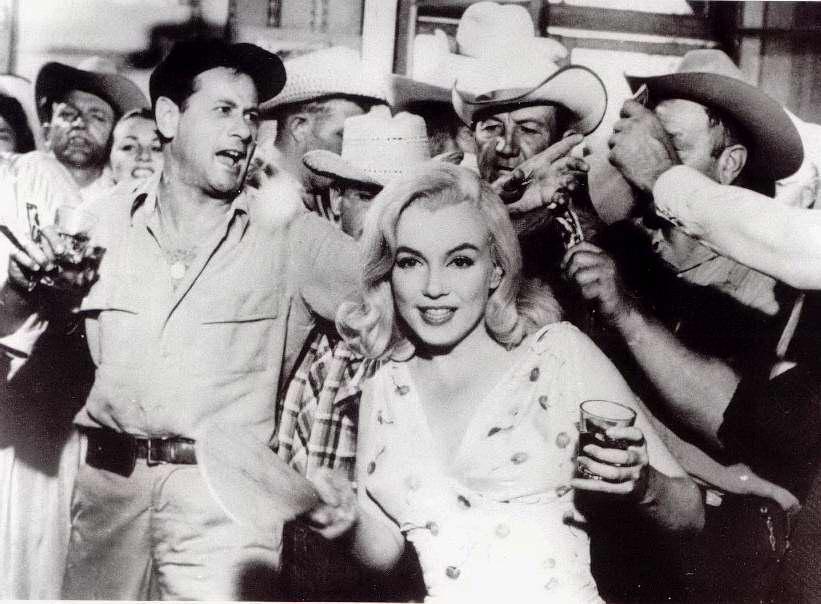
Not a Fan of Diamonds
Though she famously sang “Diamonds Are a Girl’s Best Friend”, Monroe preferred simple jewelry. Most of her collection was costume jewelry, apart from a pearl necklace and a diamond ring gifted by her second husband, baseball legend Joe DiMaggio.
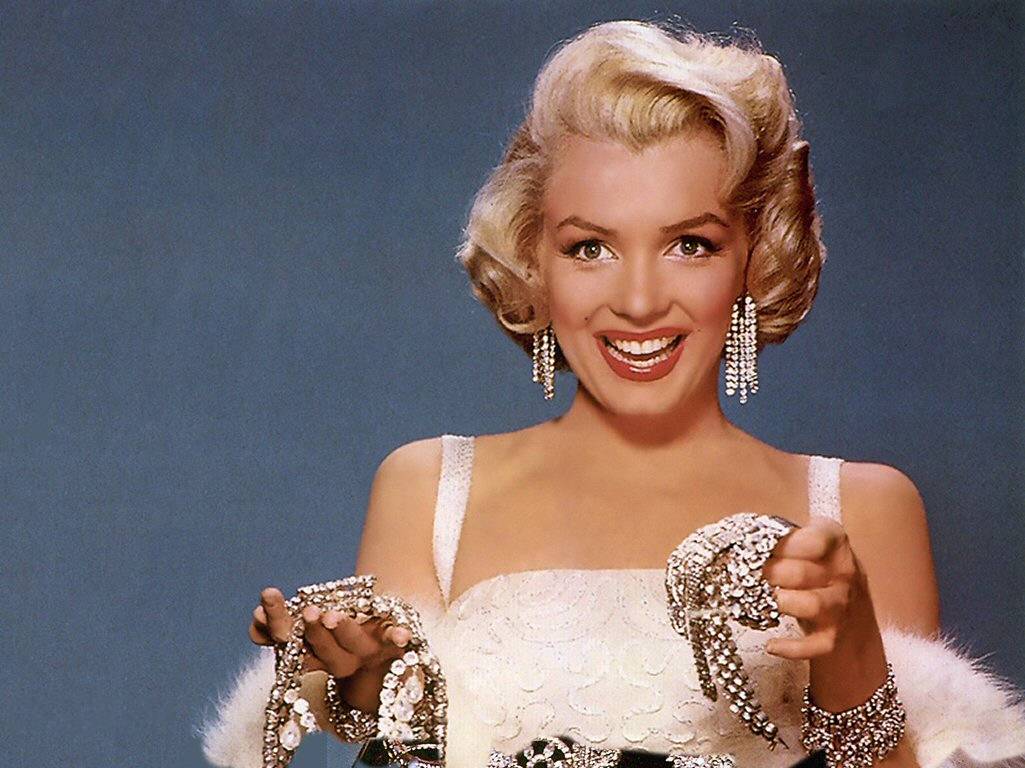
A Passion for Books
Far from the “silly blonde” image, Marilyn was an avid reader. At her death, she owned more than 400 books, including first editions by Dostoevsky, Joyce, and Tolstoy. She cherished photographs of herself reading, as if to remind the world of the depth few were willing to see.
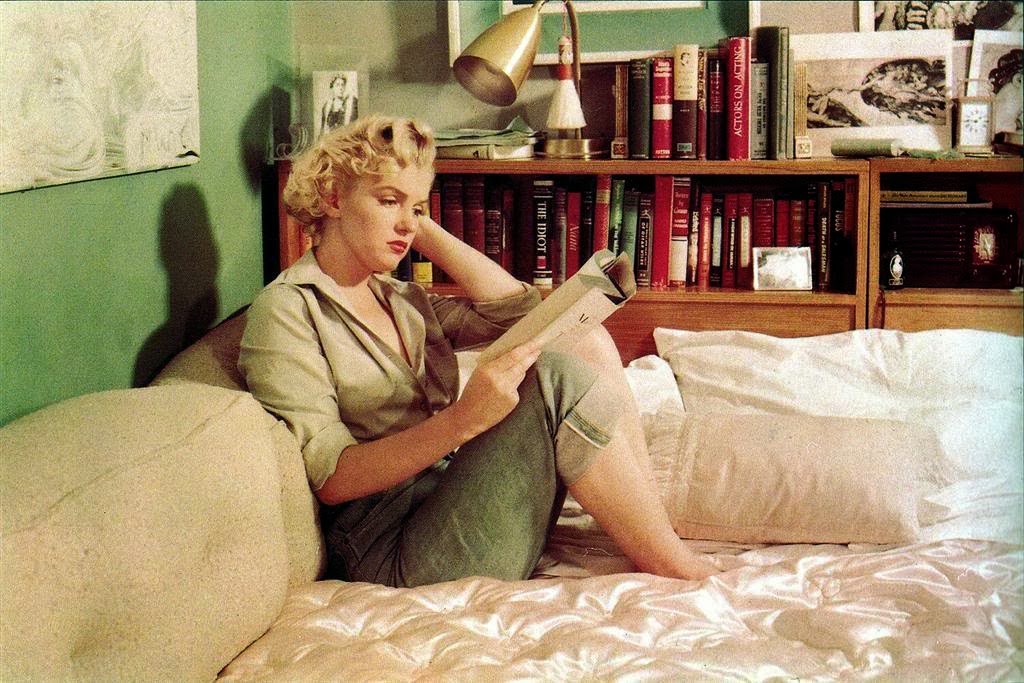
A Marriage with Arthur Miller
Her four-year marriage to playwright Arthur Miller, 11 years her senior, seemed promising at first. But it was shaken when she read a painful entry in his diary, where he criticized her as childish and confessed he resented her. The revelation devastated Monroe.
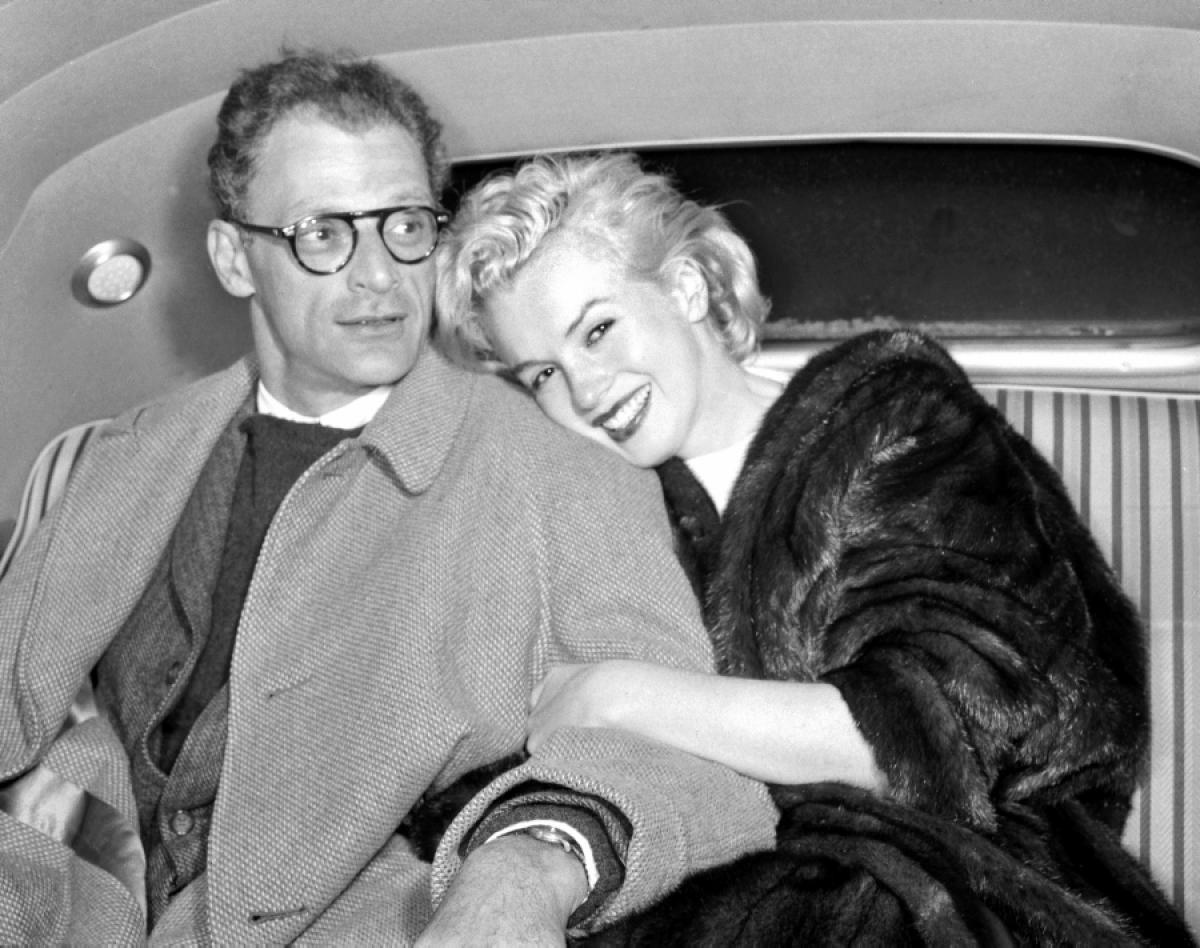
Flaws That Became Features
Marilyn had fine facial hair, which she refused to remove. Ironically, this gave her skin a soft, glowing quality on camera—something makeup artists praised as part of her unique allure.
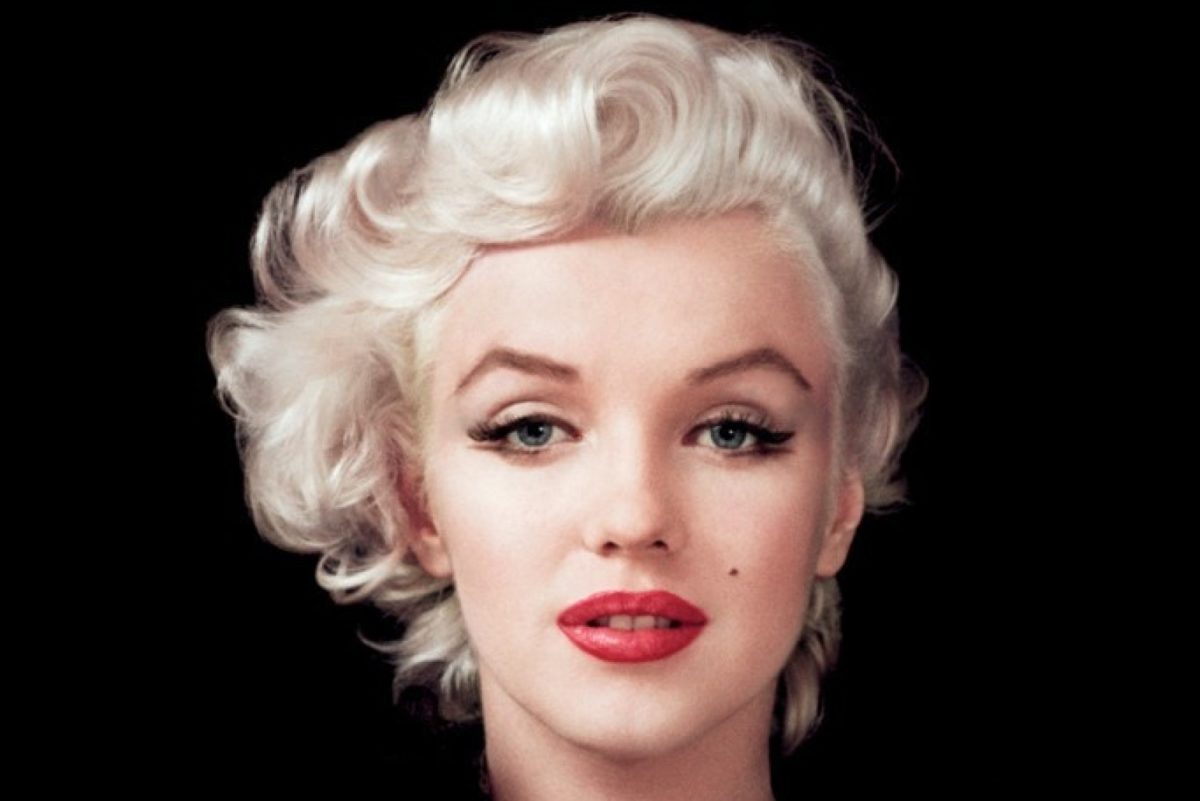
The Return of a Childhood Stutter
As a child, Monroe struggled with a stutter, which resurfaced later in life under stress. During the filming of her final movie, the stammer reappeared, reflecting the immense pressure she lived under.
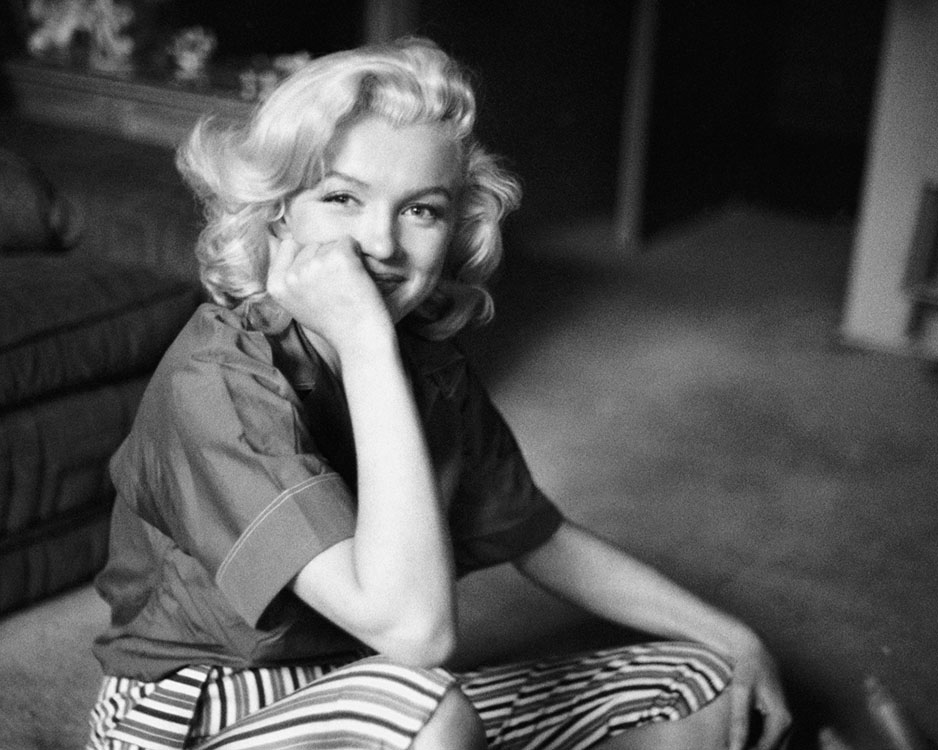
Silent Battles with Endometriosis
Marilyn suffered from endometriosis, a painful condition that caused multiple miscarriages. Her inability to have children deeply affected her, adding to her emotional struggles.
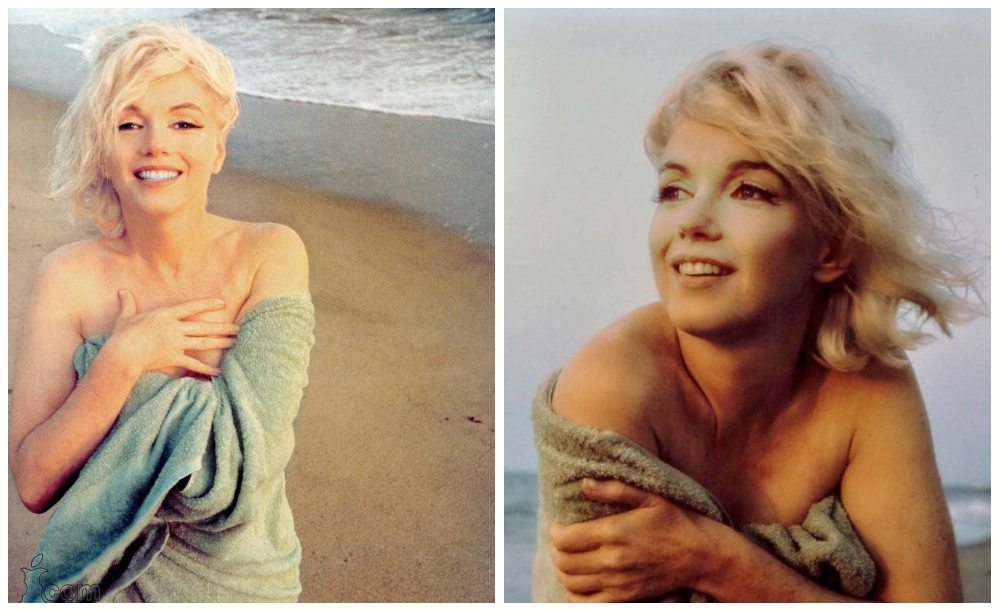
Dresses Worth Millions
Her gowns are now treasures of pop culture. The dress she wore to sing “Happy Birthday” to President John F. Kennedy sold for $1 million. Her iconic white dress from The Seven Year Itch fetched a staggering $4.6 million.
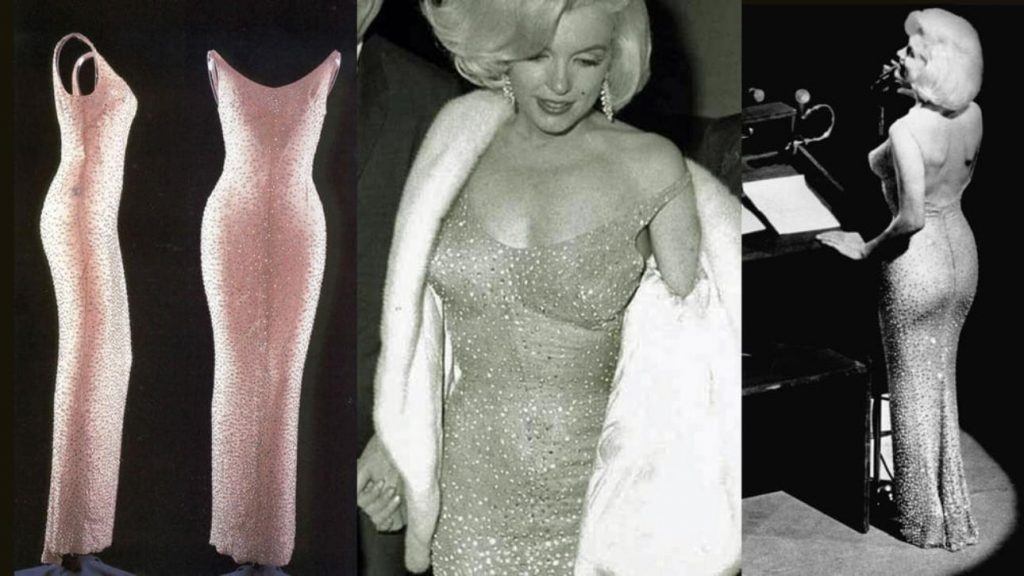
A Playboy Beginning
Ironically, Monroe earned just $50 for the nude photos that launched Playboy. Hugh Hefner later bought the images for $500 and used them in the first issue of the magazine, reaping millions while Marilyn received little.
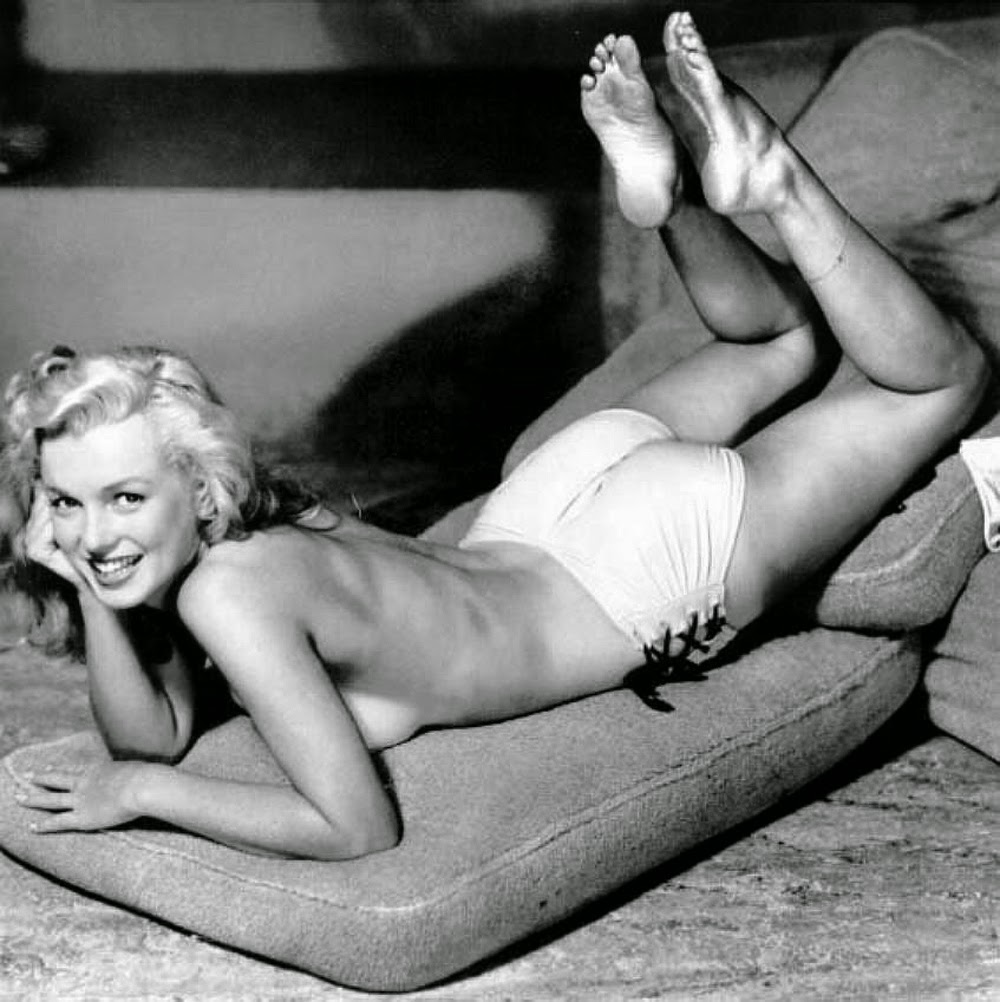
A Brief Marriage to Joe DiMaggio
Marilyn’s second marriage, to baseball star Joe DiMaggio, lasted only eight months. The infamous subway grate scene from The Seven Year Itch—where her skirt blew upward before a crowd of press—was said to be the breaking point for DiMaggio’s jealousy.
Yet despite their divorce, DiMaggio remained devoted to her, supporting her in difficult times. He reportedly planned to remarry her shortly before her tragic death.
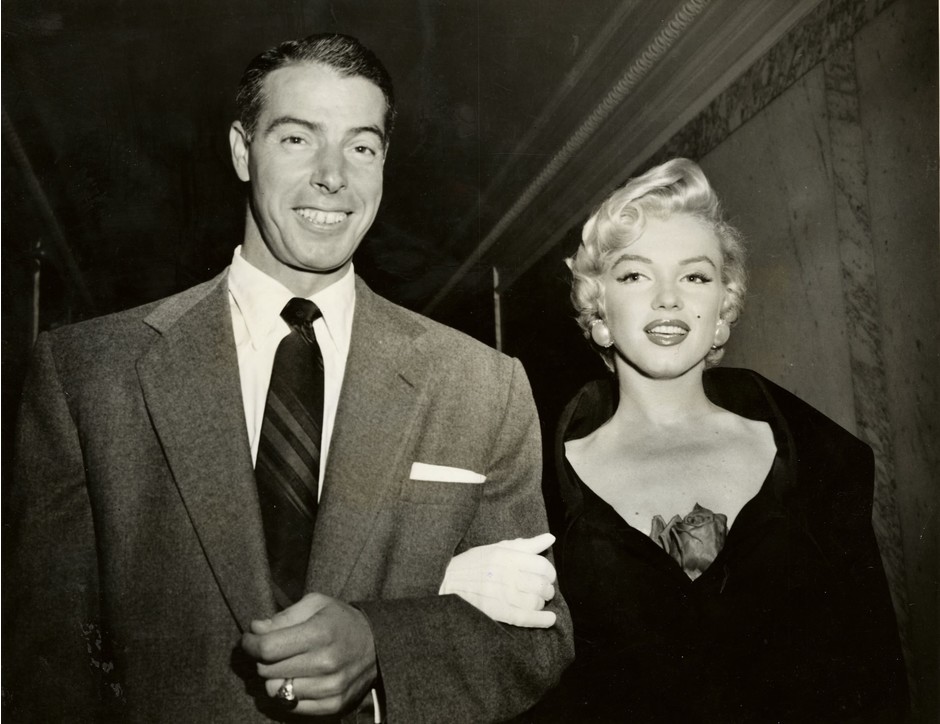
Faith and Spiritual Searching
Raised Christian, Monroe later explored alternative philosophies like Anthroposophy. She even converted to Judaism for her marriage to Miller. Her spiritual journey reflected her constant search for belonging and meaning.
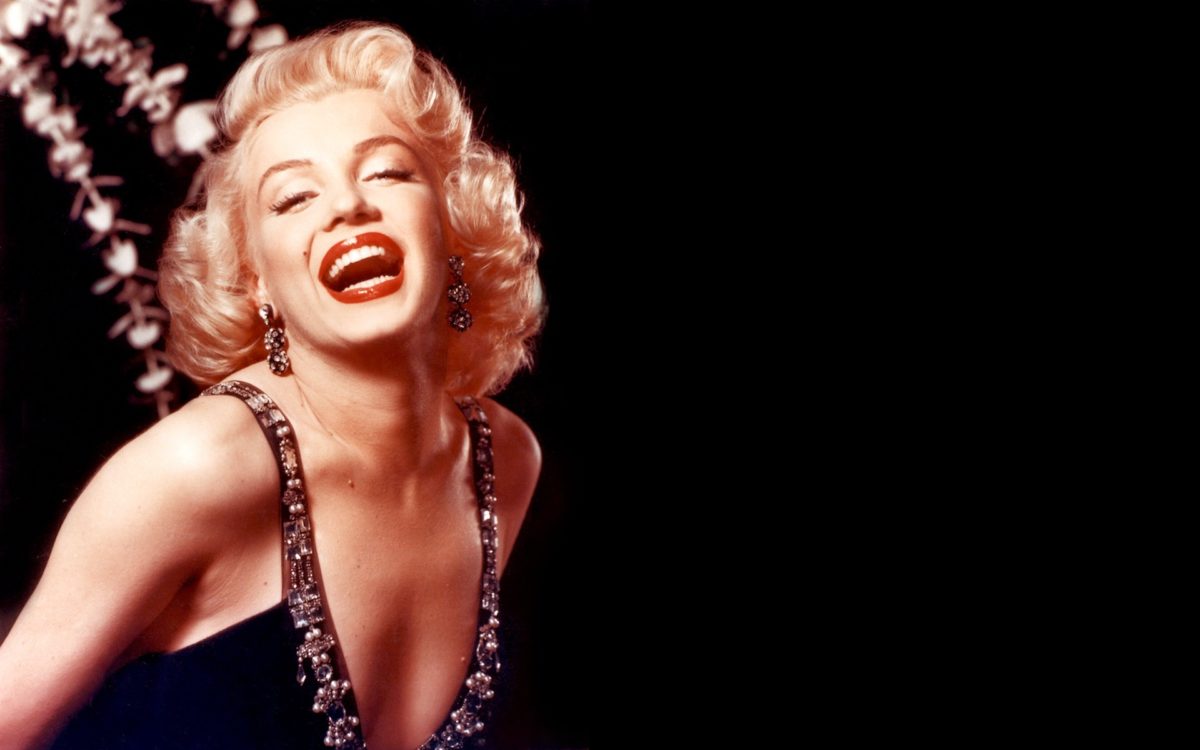
A Mysterious Death
Marilyn Monroe’s death in 1962 was ruled a probable overdose of barbiturates, but mystery still surrounds it. Some believe it was suicide; others, an accidental miscalculation. Conspiracy theories link her death to her rumored affairs with the Kennedy brothers, suggesting she knew too much and was silenced.
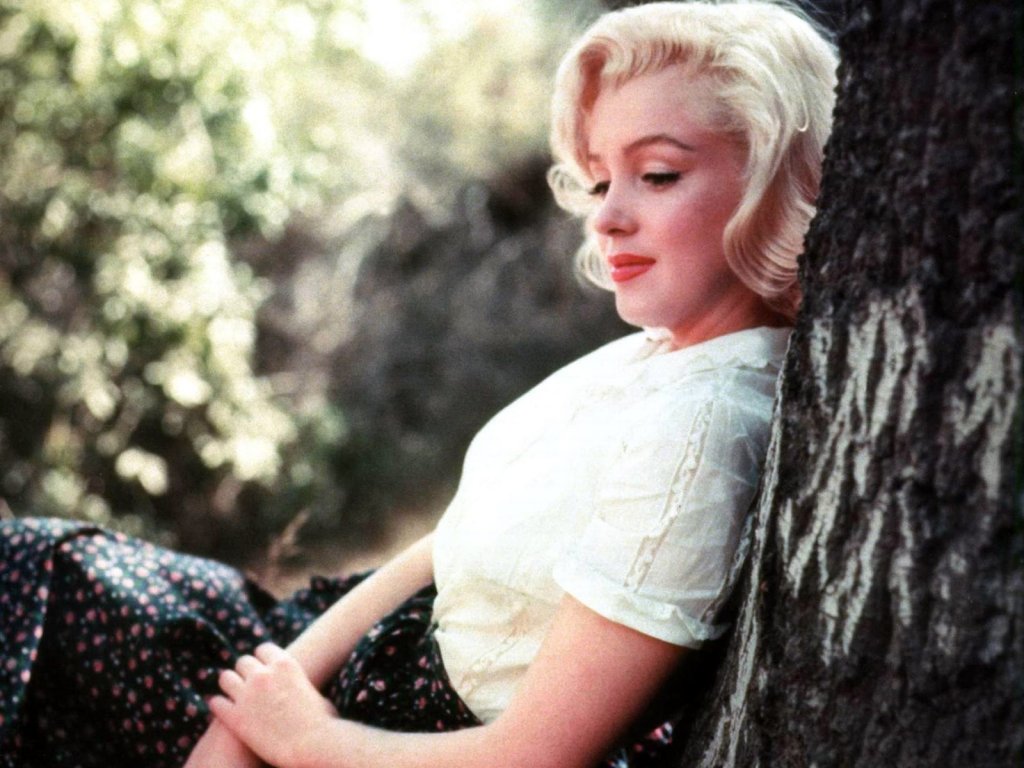
Remembering the Real Marilyn
Marilyn Monroe was far more than Hollywood’s blonde bombshell. She was complex—brilliant yet insecure, glamorous yet vulnerable. She struggled with illness, heartbreak, and the weight of her own fame, but she left behind a legacy that continues to inspire curiosity, admiration, and respect.
